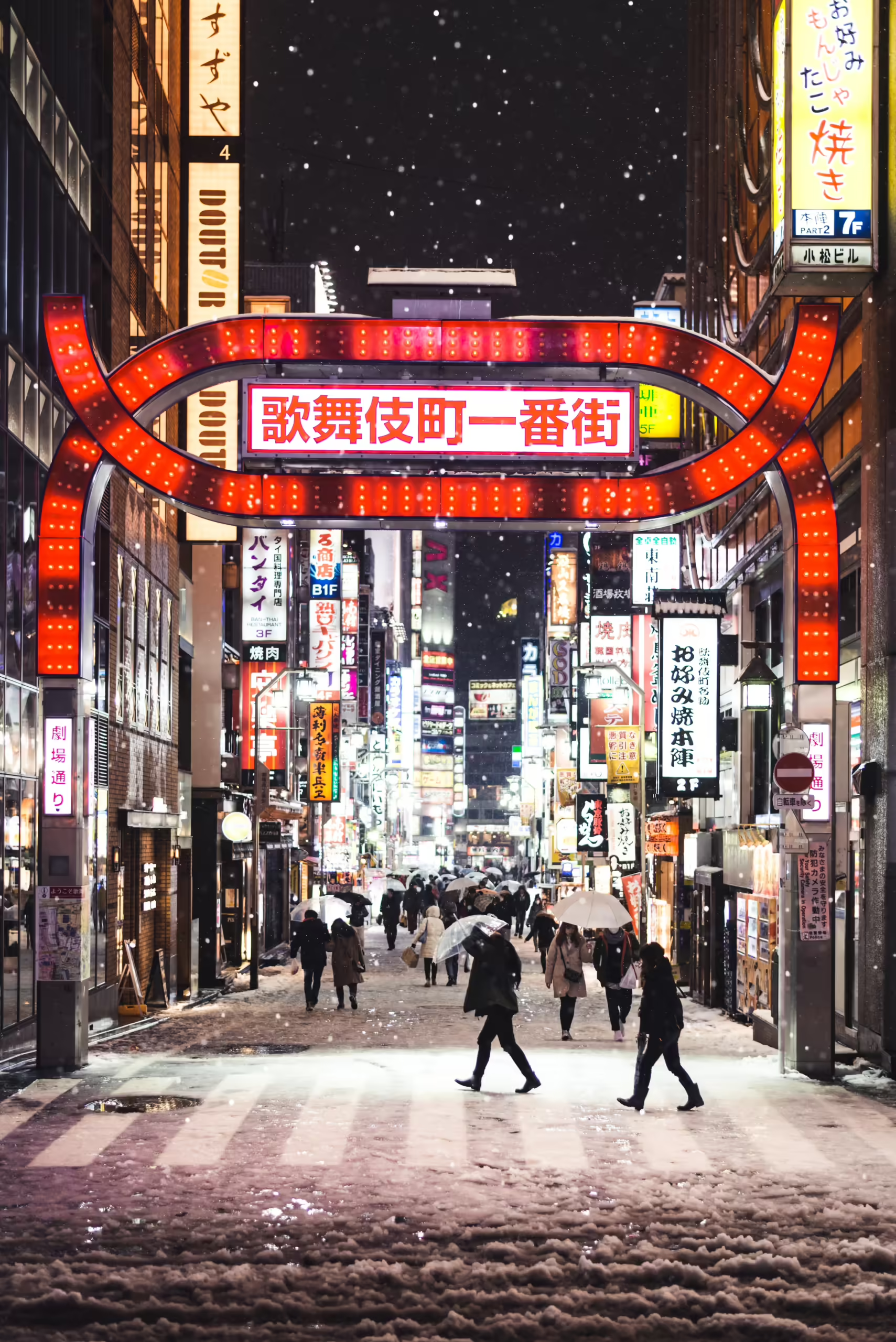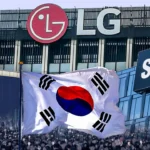Over the years, Japan has solidified a spot as a global leader in development, which is highlighted in their sustained increase in their economy, technology and access to resources. Despite these feats, under this gilded society, Japan grapples with issues pertaining to equality represented in different areas of gender, race and opportunities, creating a culturally exclusive society. Although Japan has set legal frameworks preventing discrimination, they have no national laws that specifically prevent it; hence, the enforcement of the citizens’ human rights is questioned. Inequality shown in gender, ethnic, and socioeconomic status results from inadequate enforcement of universal human rights, undermined by cultural norms and weak legal frameworks, which together create a society of systemic discrimination.
Gender inequality is rooted into Japan’s cultural norms, and is displayed across many aspects of their society. Japan retains traditional gender roles which undermine the value of women especially in factors like the work force as they are expected to prioritize family and stay at home. This is supported by the East Asia Forum where they stated, in the 2023 World Economic Forum Global Gender Gap Report, Japan was ranked 125th out of 146 countries in terms of gender inequality and was the lowest ranked among countries in East Asia and Pacific region. Japan has shown that they struggle with adapting contemporary gender roles. The Equal Employment Opportunity Law (EEOL) was introduced to promote gender equality in the workplace to prohibit discrimination against women. The law pertains to “the allocation of duties, training, benefits, occupational functioning and status, and dismissal” (L&E Global, 2022). Despite this law’s implementation into Japan’s society, Japan’s issue of gender inequality and discrimination still continues to be an issue today. The law was adopted by the public as a guideline rather than a strict law as it initially required companies to “venture into the path” of women in the workforce instead of forcing. Also, the repercussions for not complying with the law were insignificant leading many companies to completely disregard it. Japanese culture ingrained in these companies along with minimal penalties creates a lack of incentive to comply with laws such as the EEOL.
While Japan has shown to have systemic gender inequality, they have also shown an increase in care towards the violation of human rights through setting goals and showing improvement for the future of women in the workforce. For example, The Equal Employment Opportunity Law (EEOL) was introduced in 1985 but then was revised in 1997. “After criticism mounted over the ineffective law, Japan passed a stronger law in 1997” (Eunmi Mun). This law was revised again in 2020 strengthening the measures of the law. Japan is showing continual improvement towards the issue of gender inequality highlighting that the gender discrimination may not be caused by the lack of enforcement of human rights.
From an outside perspective, Japan is viewed as a homogenous country, as the small groups in their society aren’t highlighted as a way to promote nationalism and social cohesion. Because of this, these groups are often discriminated against both in the workforce and society. The country is reluctant to protect the human rights of these groups as culture is seen to be more prioritized than the rights of these “foreigners”. Take the example of the Burakumin, who are the largest discriminated against population in Japan. They face problems finding employment and housing due to their social status. In Japanese society, many people view this group of people as less due to their historical relevance. Despite the discrimination that these people face, the Japanese government has not enforced any strong law promoting human rights for the Burakumin and have not provided attention to the issues they face. While there are futile laws such as the Act on the Promotion of the Elimination of Buraku Discrimination which was designed to free the Burakumin from discrimination, it isn’t enforced as the Burakumin are still strongly discriminated against. According to the Minority Rights Group, “critics have asserted that the law lacks teeth, as it does not actually outlaw discrimination against Burakumin, which means actions in contravention of the law cannot result in any form of penalties” (2018).
Take the example of the Ainu – a group of indigenous people who inhabit the island of Hokkaido – who are dealing with discrimination due to Japan’s lack of enforcement of human rights. They were forced to assimilate to Japanese culture, sacrificing their cultural identity. Japan has recently proposed measures to help this indigenous group through creating and enforcing certain legal protections. For example, “some government departments have in recent years developed programs to address particular issues facing the Ainu community. The Ministry of Social Welfare, Health and Employment, for example, operates a recruitment service and provides financial assistance in order to help Ainu find jobs. (Minority Rights Group, 2018). Also, the Council for Ainu Policy Promotion was established in 2008, which takes the views of Ainu people into account in government decisions. The Ainu’s human rights are being better maintained in light of the discrimination they’ve historically dealt with. Yet these laws frequently fall flat, rarely being enforced and failing to prevent the pervasive inequality that plagues the Ainu community.





